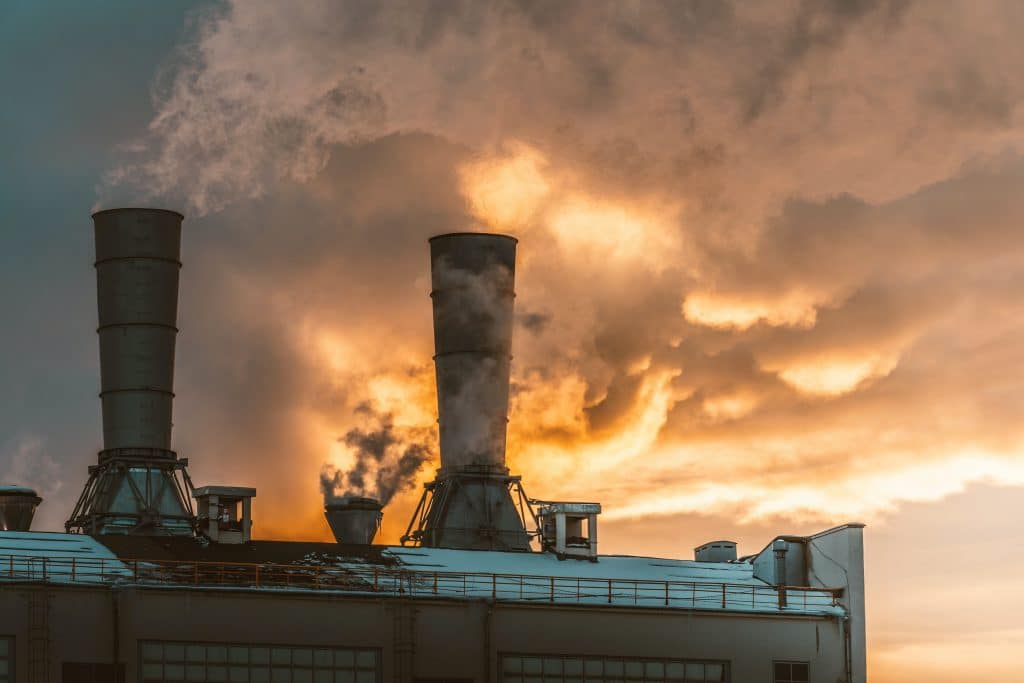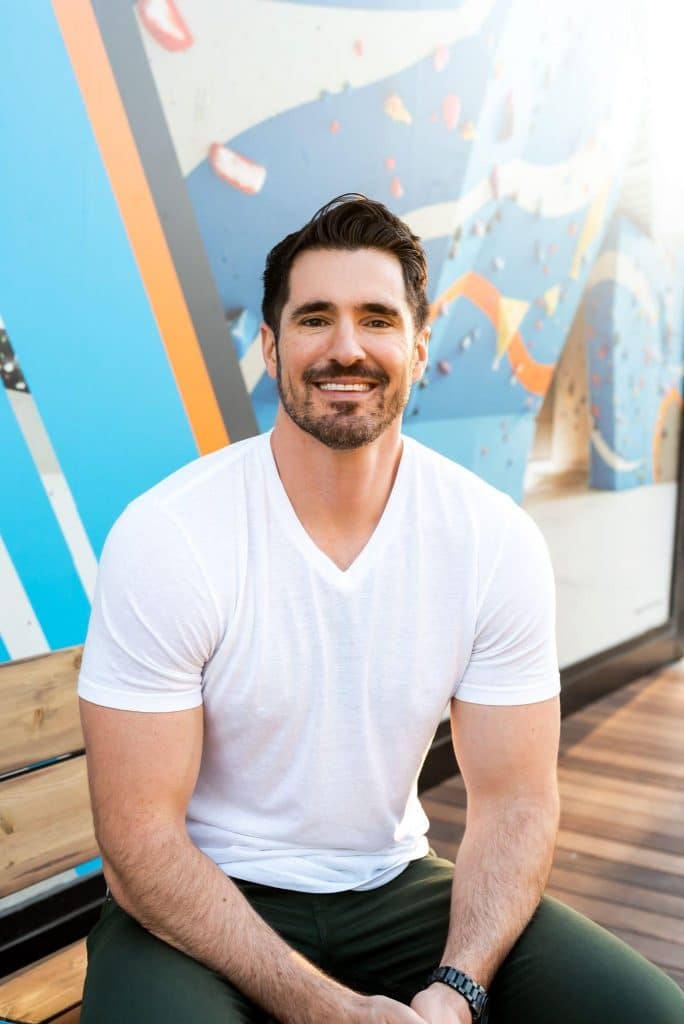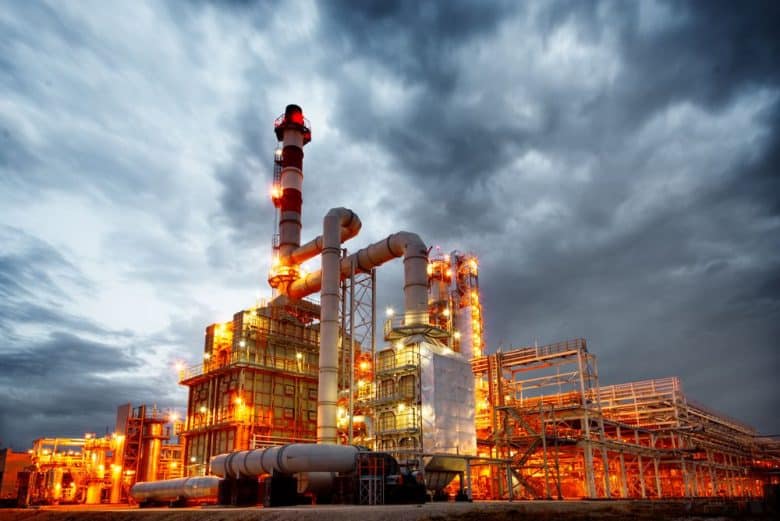Experts worldwide are closely watching the global refining market for indications of what shape the recovery from the COVID-19 crisis will take. In this article, Ferrari Energy examines and discusses the Global downstream outlook to 2035 report from McKinsey and Company.
On July 1, 2021, McKinsey and Company experts Emily Billing, Tim Fitzgibbon, and Alexandre Ferro published their perspective on the global refining market, including recent trends and the outlook for fundamentals, margins, and profits.
Supply and demand for the global refining market are experiencing unprecedented fluctuations during 2020 and 2021 due to disruptions caused by the COVID-19 pandemic. In addition, there are also technological advances, evolving regulations, and concerns about climate change that pose longer-term challenges.
The McKinsey report examines the industry’s future through the lens of three potential scenarios: Energy Transition, Delayed Transition, and Accelerated Transition.

Energy Transition Continuing
Under this scenario, future policies and trends continue along the existing patterns. The McKinsey model establishes that hub margins will recover in line with utilization, with US and European margins declining over the long term with average margins about $2 per barrel lower in 2031-2035.
If trends continue as currently established, utilization will recover by 2025 in the US and Europe but then decline. This would lead to about five million barrels per day of closures by 2035.
As recent news indicates, we believe that the infections and hospitalizations from COVID-19 will continue to fluctuate over the next 12 months. This longer-than-expected reduction in infections will likely slow the economic recovery and upset the current trends.
Delayed Transition
McKinsey describes this scenario as one in which the economic recovery from COVID-19 continues to overshadow emissions reduction. This is expected to cause the energy transition to proceed at a slower pace.
If this is the case, McKinsey expects that the demand for global liquids would continue growing through 2035, with hub utilization remaining strong. This model indicates that hub margins would recover to historical levels and follow utilization trends, with margins in Asia being stable due to Asia’s more robust demand growth.

This is the scenario that Ferrari Energy believes to be most likely. The slow and stuttering coronavirus recovery is poised to delay energy transition as the world focuses on economic recovery.
Accelerated Transition
The Accelerated Transition scenario proposes that the global sustainable energy transition proceeds at an even faster rate. This model includes the potential impact of what McKinsey identifies as ten accelerated shifts. These include the increased use of biofuels, electric vehicles, and recycling.
An accelerated transition would cause the demand for liquids to peak in 2024. Hub markets would be affected by declines in demand almost immediately. By 2035, McKinsey would expect to see about 16 MMB/D of closures in addition to the ~2.5 MMB/D of closures that have already been announced.
Ferrari Energy expects this to be the least likely scenario. This is because lawmakers in the US seem unable to coalesce around an agenda that includes significant climate change initiatives and are more likely to find consensus on issues related to infrastructure modernization.
About Ferrari Energy
Ferrari Energy is a family-owned private oil and gas company focused on mineral and leasehold acquisitions. Adam Ferrari founded Ferrari Energy in Denver, CO, with a focus on educating landowners. Ferrari Energy has consistently served the needs of the landowner community in the basins in which it works. Its operation covers several areas throughout Colorado, Wyoming, Utah, and ND. Ferrari Energy has provided oil and gas leases to over 850 homeowners and held multiple lease signing events to accommodate the residents of Broomfield, Colorado.














Leave a Reply